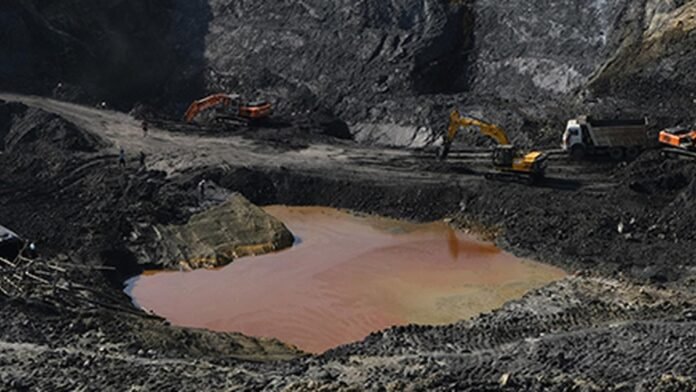In Nagaland, concerns are mounting over declining coal revenue and the environmental impact of mining practices. Despite being a significant source of revenue for the state, coal mining has faced scrutiny due to its adverse effects on the environment and local communities.
The decline in coal revenue has prompted discussions about the sustainability of Nagaland’s mining industry. Many are questioning the long-term viability of relying on coal as a primary source of income, especially considering its contribution to environmental degradation and climate change.
Environmentalists and local communities have raised concerns about the impact of coal mining on air and water quality, as well as the destruction of natural habitats. There have been reports of land subsidence, water contamination, and deforestation associated with mining activities in the region.
Additionally, concerns have been raised about the welfare of coal miners, who often work in hazardous conditions with minimal safety measures. Accidents and health hazards are prevalent in coal mines, leading to injuries, illnesses, and even fatalities among workers.
Approaching Towards The Uplift
Amidst these challenges, there is a growing call for more sustainable and environmentally friendly alternatives to coal mining. Renewable energy sources such as solar and wind power are being touted as viable alternatives that can provide economic benefits without the negative environmental impacts associated with coal mining.
Government officials and policymakers are being urged to prioritize sustainable development initiatives and invest in renewable energy infrastructure. This includes promoting clean energy technologies, implementing stricter regulations on mining practices, and providing support for alternative livelihoods for communities dependent on coal mining.
Efforts are also being made to raise awareness about the importance of environmental conservation and the need to transition towards a more sustainable economy. Educational campaigns, community outreach programs, and advocacy efforts are underway to engage stakeholders and foster a collective commitment to protecting Nagaland’s natural resources for future generations.
Nagaland’s coal industry is facing significant challenges due to declining revenue and concerns over mining practices. There is a pressing need for policymakers to prioritize sustainable development initiatives and invest in alternative sources of income to ensure the long-term prosperity and well-being of the state and its people.


